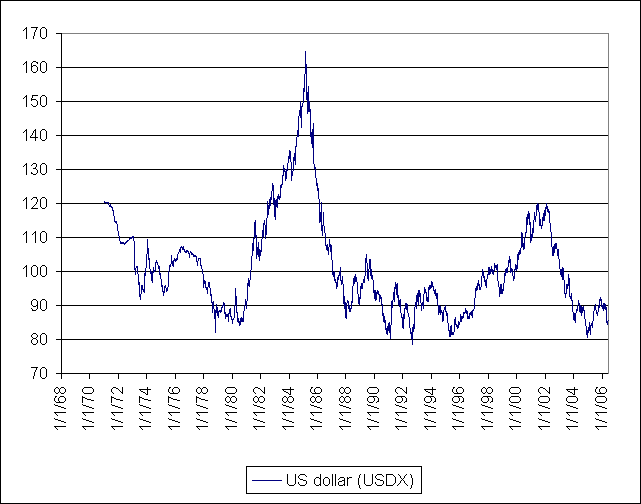Re: 1997 ?!
bart,
the biggest factor in your model is the currency "deviation from trend." what kind of currency and/or gold moves would it take to make those lines shoot up to say .60 or .70?
Originally posted by bart
View Post
the biggest factor in your model is the currency "deviation from trend." what kind of currency and/or gold moves would it take to make those lines shoot up to say .60 or .70?




Comment